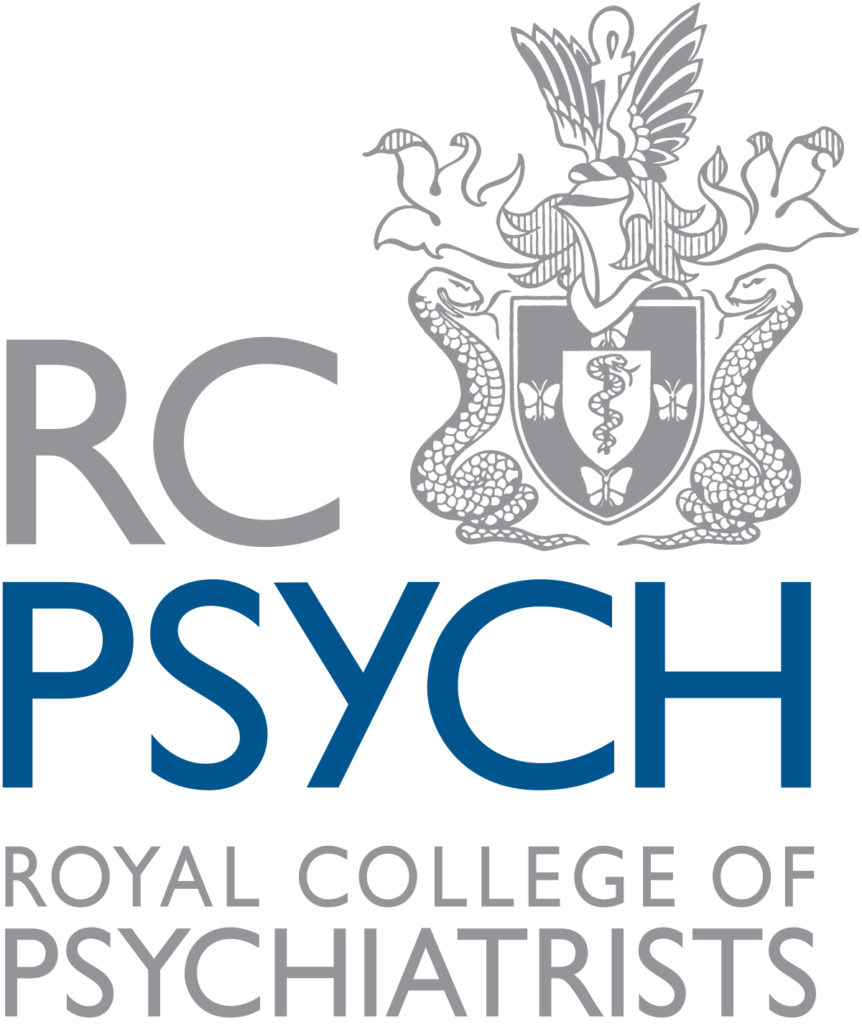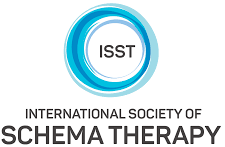
In Mental Health Month 2021, we wanted to offer our support by bringing together 3 amazing tools and tips you can use to help deal with stress and anxiety in your daily life.
In this post, we’ll take a look at some calming/relaxation techniques and top tips that can have a great effect on reducing your stress and anxiety. Real-time tools you can use to push back on your stress response and reduce it.
So let’s dive right into it…
Tool #1
The Physiological Sign
This technique is perfect for when you’re about to jump on a call you’re nervous about, or about to step on stage in front of lots of people. This technique helps you overcome this type of real-time stress and anxiety.
Breathing exercises are used to calm you down and reduce stress. But what we’re about to discuss isn’t just another breathing exercise. It’s different.
The physiological sigh takes breathing exercises to a whole new level by directly affecting your heart rate. It’s the fastest way for you to eliminate stressful responses in your body quickly and in real time.
Before we look at how this exercise works, we need to understand how breathing affects your physical body:
Inhale-emphasized breathing speeds your heart up…
- When you inhale your diaphragm moves down and your heart is given space to expand
- This physical expansion of your heart slows down the blood moving through it
- As the rate of blood flow through your heart decreases, your brain tells your heart to beat faster
Exhale-emphasized breathing slows your heart down…
- When you exhale your diaphragm moves up and your heart is compressed making the blood flow more quickly through your heart
- Now your brain sends a message to your heart telling it to slow down
The physiological sign takes advantage of these physical changes in your body to rid stress-inducing carbon dioxide. Here’s how to do the physiological sigh:
Step 1 – Double inhale
Inhale twice through your nose. You don’t need to inhale vigorously and usually your first inhale will be deeper than your second inhale.
Step 2 – Long Exhale
Do a long, controlled exhale through your mouth (or nose).
So the trick for immediate real-time reduction of stress is to gently inhale twice and then let out a long heavy sigh (exhale). 2 or 3 repetitions of this exercise will physically slow down your heart, rid your body of carbon dioxide, and instantly relax you. You’ll instantly feel less stress and lower anxiety levels.
The physiological sign is different from mindfulness, meditation, and sleep pattern exercises because it doesn’t need a routine. Mindfulness, meditation, and regulating your sleep certainly help with lowering stress and anxiety. But they are a long game. They take time to implement into your life. And they can be difficult to use when you are super alert (stressed) or very tired.
The physiological sigh can be used at any moment in your life quickly and effectively without much thought. Whenever you find yourself with heightened stress and/or anxiety, you can perform the physiological sigh instantly to reduce these negative emotions.
There are some additional benefits to this exercise too. When you perform the physiological sigh, you tap into neural circuitry that automatically relaxes your jaw and allows you to speak more clearly.
That’s what makes this tool so useful and effective. So next time you’re in a stressful situation, just remember the physiological sigh – double inhale, long exhale.
Tool #2
Impactful Gratitude
Gratitude moves away from the medical side of things. But there is scientific evidence that shows it has a positive effect on your mind and body.
So how do you practice impactful gratitude?
By being grateful in a meaningful way. Not just letting gratitude pass your mind for a few seconds a day.
You can make your gratitude impactful by recognizing what you’re grateful for and reflecting on that. Writing down things you are grateful for is a great way to do this.
And the positive effect this has on your body?
It raises your serotonin and this gives you feelings of well-being. It can make you feel at peace and happier when you have very high levels of serotonin. Impactful gratitude is a great way to supplement your serotonin naturally without chemicals.
Tool #3
Non-prescription anti-stress support
Sometimes our stress levels are elevated by the events in our lives. And no matter how much gratitude, mindfulness or breathing exercises we do, it’s not helping.
During these times of chronic (long-term) stress, you can supplement your efforts with non-prescribed chemical compounds.
You can use Examine.com to check the effects of supplements you’re considering using. It’s completely free and provides a plethora of information that will help you make the right decisions for your health.
You can also speak to one of our friendly English-speaking doctors about anti-depressants if you feel they could help you. We’re here to support your physical and mental health. Speak to us today (contact details at the bottom of this post).
Here are 3 non-prescription anti-stress chemical compounds that could offer you great additional anti-stress support:
Melatonin
Melatonin is a hormone that is affected by how much darkness you are in. Light suppresses melatonin. And melatonin helps you fall asleep.
CAUTION: Supplementing melatonin can be harmful. Melatonin supplements are often supplied in very high doses that have a number of potentially negative effects.
The positive effects can be great – it can help you fall asleep easier, reduce stress, and lower anxiety. But please check examine.com and talk to a doctor before supplementing Melatonin.
L-Theanine and Theanine
L-Theanine can be taken up to an hour before sleep to help you transition more easily into sleep and help you sleep more deeply. It does this by reducing the activity in the thinking brain. So you have less going on in your head which helps you fall asleep.
Theanine can be used by people who are chronically anxious or chronically stressed. It has been shown to significantly increase relaxation, reduce anxiety (especially task completion anxiety), and notably reduce stress.
Ashwagandha
Ashwagandha is known to lower anxiety and cortisol. When you’re stressed your cortisol levels are constantly elevated. Reducing your cortisol levels can help lower stress and anxiety.
There are many effects of taking ashwagandha:
- Reduce cortisol and lower the effects of long-term stress
- Less anxiety
- Lowers Cholesterol
- Reduced depression
Go to examine.com to see a full list of effects with accompanying studies.
Summary
So there you have 3 tools and tips to help you cope with stress and anxiety. Use these tools to help you over the next few months (some of the most stressful months of the year). But don’t forget that doctors can help with mental health too. We’re here for you.













